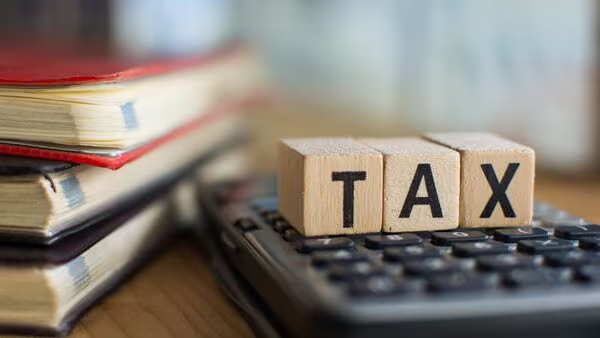The federal government has stated that ordinary Nigerians will not be required to have a Tax Identification Number (TIN/Tax ID) in order to open or operate bank accounts, despite earlier reports suggesting otherwise.
From January 1, 2026, all taxable entities, which includes individuals earning taxable income, businesses, and non-residents supplying taxable goods or services, must register for a Taxpayer Identification Number under the newly signed Nigeria Tax Administration Act (NTAA) 2025.
The requirement covers activities such as supplying taxable goods or services, entering into contracts with government, participating in stock market transactions, or obtaining insurance.
Ordinary Nigerians who are not “taxable entities” under the law are not obligated to obtain a Tax ID purely to open or maintain a bank account.
The government has clarified that the policy only applies to those who fall under the definition of “taxable person.”
Therefore, if you have no taxable income, or do not conduct transactions or activities that are defined as taxable by the law, the Tax ID requirement will not apply to your banking accounts just by virtue of having one.
The confusion stemmed from earlier summaries and media coverage that suggested all bank account holders (residents and non-residents alike) needed a Tax ID regardless of their tax status.
Read also:
- Soneye urges FG to support media industry with tax incentives, duty waivers
- Nigeria’s economic reforms yet to ease hardship as inflation, taxes crush businesses – NECA
- What 43% Tax revenue increase means for Nigeria
Recent clarifications from FIRS, via the Nigeria Revenue Service (NRS) Chairman, Zacch Adedeji, made clear that the requirement is targeted and not universal.
If you are earning taxable income, operating a business, or supplying taxable goods/services, you should start registering for a Tax ID ahead of the January 2026 enforcement date.
For those who are not subject to taxable income or activities, you can maintain your bank account without a Tax ID.
Financial institutions, government regulators, and tax authorities are expected to update their guidelines and educate the public so that the policy’s implementation does not lead to unintended exclusion of vulnerable or informal-sector Nigerians.






